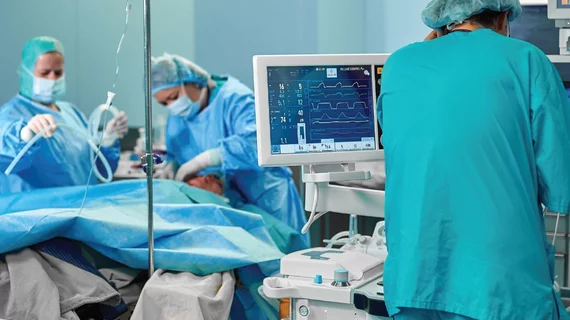Organ transplant recipients face a shortened lifespan after developing cancer, according to new data published in Cancer.
While it had already been established that cancer was more common among transplant recipients, primarily due to medications designed to prevent organ rejection, the study's authors hoped to learn more what happens after patients develop cancer.
Using transplant and cancer registry data, researchers analyzed data from solid organ transplant recipients in the U.S. between 1987 and 2014.
Among 221,962 transplant recipients, 13,074 (5.9%) developed cancer within 10 years of the procedure.
During the post-transplant time period, the mean life years lost (LYL) attributed to cancer was 0.16 years per transplant recipient and 2.7 years per cancer case. In addition, cancer was accountable for a loss of 1.9% of the total life-years expected in the absence of cancer in this cohort.
Lung transplant recipients had the highest proportion of total LYL attributable to cancer (0.45%). Heart transplant recipients came in at No. 2 (0.29%).
The percentage of LYL due to cancer also got larger as patient age increased, jumping from 0.5% for recipients 34 years old and younger to 3.2% for recipients 50 years old and older.
The authors highlighted the significance of cancer prevention and screening in transplant recipients, especially those who are at a higher risk of such complications.
"For example, there may be opportunities to screen for non-Hodgkin lymphoma especially in groups at high risk for this cancer, such as children," lead author Anne-Michelle Noone, PhD, MS, with the division of cancer control and population sciences at the National Cancer Institute, said in a press release. "Also, healthcare providers should consider screening older transplant recipients with a smoking history for lung cancer, as recommended for people who smoke in the general population."
Read the full study here.
